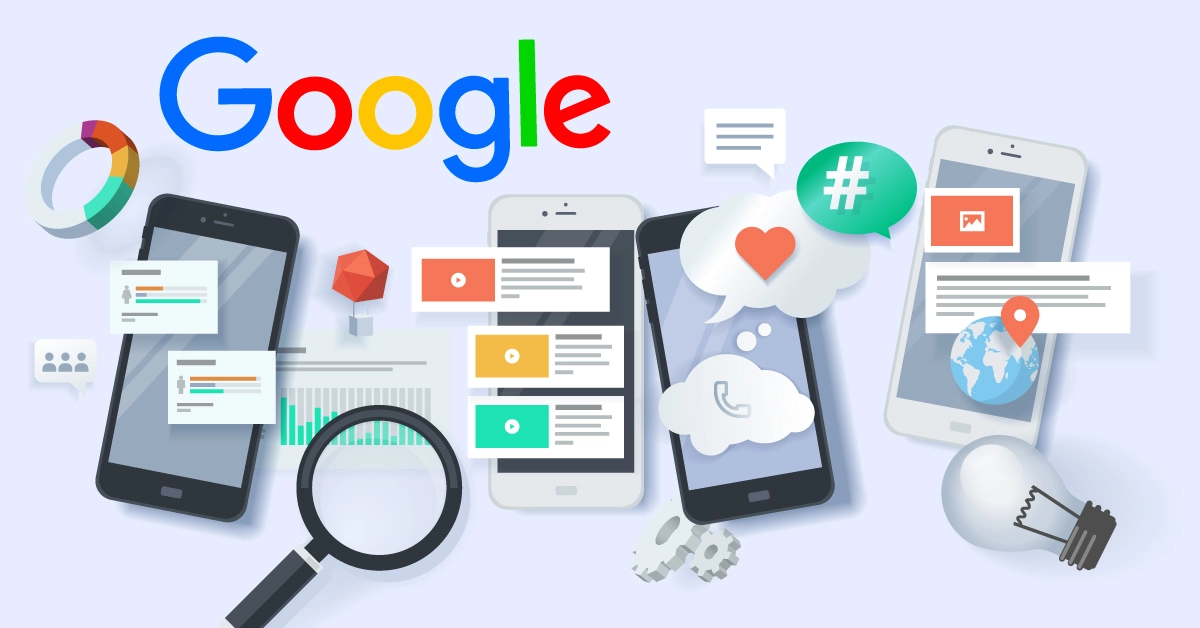11Jun
Mobile-first indexing update
Bradley Rose
|
11 Jun, 2024
|
Return|

Starting July 5, 2024, Google will no longer index websites that are not accessible on mobile devices.
John Mueller, a prominent figure in Google's search team, emphasised the change in a recent statement: "If your site's content is not accessible at all with a mobile device, it will no longer be indexable."
He added: “As we mentioned in our last update on mobile indexing, Google crawls and indexes almost all websites using a smartphone crawler. Over the years, the number of sites that aren't accessible on mobile has continued to shrink. To simplify our systems, and to make it easier for sites to debug issues related to device types, we'll soon crawl all sites for Search with the Googlebot Smartphone crawler.
The largest part of the web is already being crawled like this, and there is no change in crawling for these sites. After July 5, 2024, we'll crawl and index these sites with only Googlebot Smartphone. If your site's content is not accessible at all with a mobile device, it will no longer be indexable.”
What it means
Websites must be accessible on mobile devices to be indexed by Google. This means that if a site fails to load on a mobile device, such as an Android phone, it will be excluded from Google's search index.
What it doesn’t mean
Websites do not need to be mobile-friendly to be indexed; they simply need to load on mobile devices. Google will continue to index desktop interfaces of sites as long as they can be accessed on a mobile device such as an android.
What should you do?
For most websites this probably won’t be an issue. But if your site does not load on your Android phone or iPhone, then it may also not be crawled and indexed by Google after July 5. If this is the case then contact us now.
About the Author
As well as managing the SEO programmes for BBI Brandboost clients, Bradley is also one of our talented team of copywriters. These complementary capabilities ensure that online content enriched for SEO also engages target audiences and offers the highest quality UX. As our dedicated SEO specialist, he is an expert at research, analysis and implementation of the programmes we implement to enhance online visibility for our client brands.
Find out more about Bradley...